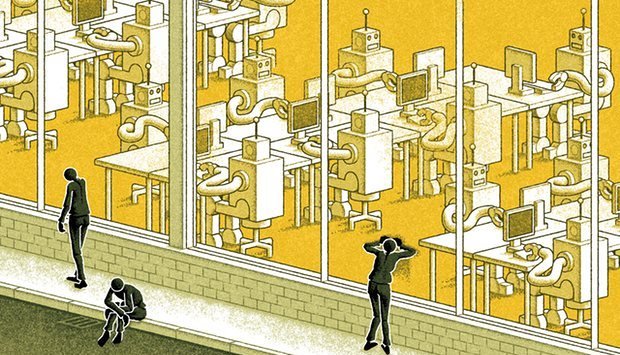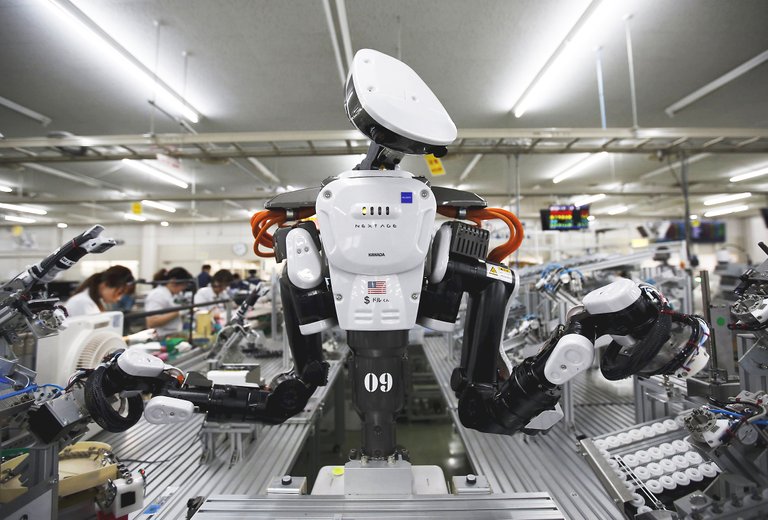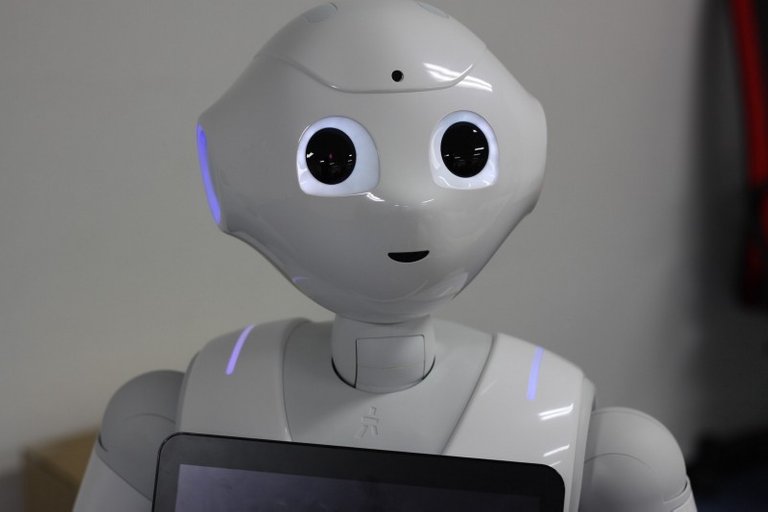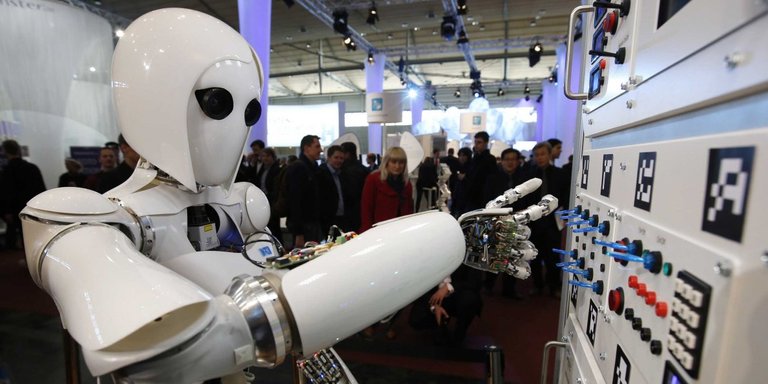
"The relationship between technological innovation and occupation is very complex," says Eva Rimbau, professor of economics and business studies at the UOC. "The effects of technology appear to be positive when it has an impact on the production of innovative products," she explains, "because they create new markets, new demand needs to be addressed, and therefore more workers are needed. However, when technology improves processes (the way of working), the impact on the occupation tends to be negative, since the new machines allow to produce the same amount with less work ».
This fall in employment, says Rimbau, "can be compensated in the medium and long term with new jobs in other sectors, or even in the same sector, to meet a higher demand for cheaper products, but how and to what degree compensatory mechanisms are an issue that is unclear. "
Everything indicates that the arrival of the robots will affect manual and repetitive work, but the expert qualifies it: "Above all, it will have repercussions on workers with an intermediate qualification who perform routine tasks (for example, the administrative ones)". In fact, in the Western economies, the labor market is becoming polarized: "The increase in the employment rate takes place in people with a lot of and little education: the former, because of their high knowledge and skills, and the latter because Despite their low training, they can perform non-routine manual tasks (eg in the service sector).
However, it is in the service sector where automation is expected to advance further in the coming years. Some examples of work, according to Rimbau, that require high capacities but could be totally or partially replaced by technology are: legal services (search for jurisprudence, drafting of documents such as contracts or resources), health services and nanorrobots for services to the community (robots that can help workers in activities to care for children and the elderly, in rehabilitation activities, and even to offer emotional companionship to patients with illness or psychic disabilities).

The professions of the future: more creative thinking and problem-solving skills
In a fourth industrial revolution, not only will jobs disappear or others will be transformed, but new jobs will be created that we can not even imagine. Professor Robert Clarisó, professor of Computer, Multimedia and Telecommunication Studies at the UOC, recalls that 75% of professions and future professions do not yet exist: "It may seem strange, but let's think about how we could explain to somebody in 1990 such works as Community manager or user experience expert on mobile devices. "
For his part, Rimbau explains that many of the new professions will be related to computer systems, data management and computer security and robotic systems, among others, and put these examples: drone pilots; Coordinators of the human-machine relationship in the workplace; Scientific data; Fashion designers, food, etc., with 3D printing; Architects of augmented reality; Gamification designers, tele-surgeons, etc.
For these new professions, Rimbau says that "there will be more need for creative thinking, common sense and problem-solving skills". It adds that workers will be needed who know how to use or manage these technologies, so it is important that the population is formed in digital skills.

New forms of work organization
With regard to the organization of companies, a rethinking of corporate strategies, such as offshoring, will probably take place. "If the work is automated, production can be cheaper and more efficient in the country of origin, which will revert to the localization process and favor national industries to recover all processes in the value chain", remarks Rimbau . "This phenomenon is called botsourcing, to differentiate it from outsourcing, which was associated with offshoring. In addition, automation can help create jobs in the countries of origin. "
In the companies there will be simultaneously automatic systems and manual work. Consequently, human resource management will take on a new dimension, as it will have to face the challenges of collaborative work between humans and machines. "It will be necessary to help workers to adapt to the new situation, which will have many emotional components, in addition to learning new ways of doing," he adds.
According to UOC sociologist Francesc Núñez, machines and robots occupy more and more spaces traditional and exclusive to humans, and are perceived as an intrusion. Just remember the phrase that said Lee Sedol, champion of the Chinese game Go, when losing for the first time against the computer program Alpha Go, created by a subsidiary company of Google: "Today's loss is by Lee Sedol, not from the humanity ".
However, Núñez recalls that robots help us to simplify our work, deal with those that are harder or mechanical, and also, ultimately, make us more human: "They are an extension (amplification) of our humanity."

More robots, greater social inequality?
According to Moshe Vardi, from Rice University (USA), "technology will allow productivity improvements and growth in the economy, but it appears that the increase will not benefit everyone alike." If robots generate a large part of the wealth, can there be a risk of growing social inequality? Clarisó says yes, "because it can happen that a small group owns all the robots and that it benefits exclusively of it".
Nunez also agrees that "this fracture (which already exists and may still be greater) can be given between a part of humanity, which accumulates almost all resources and the production of resources (also the majority of robots), And the other, which is not within their reach. "